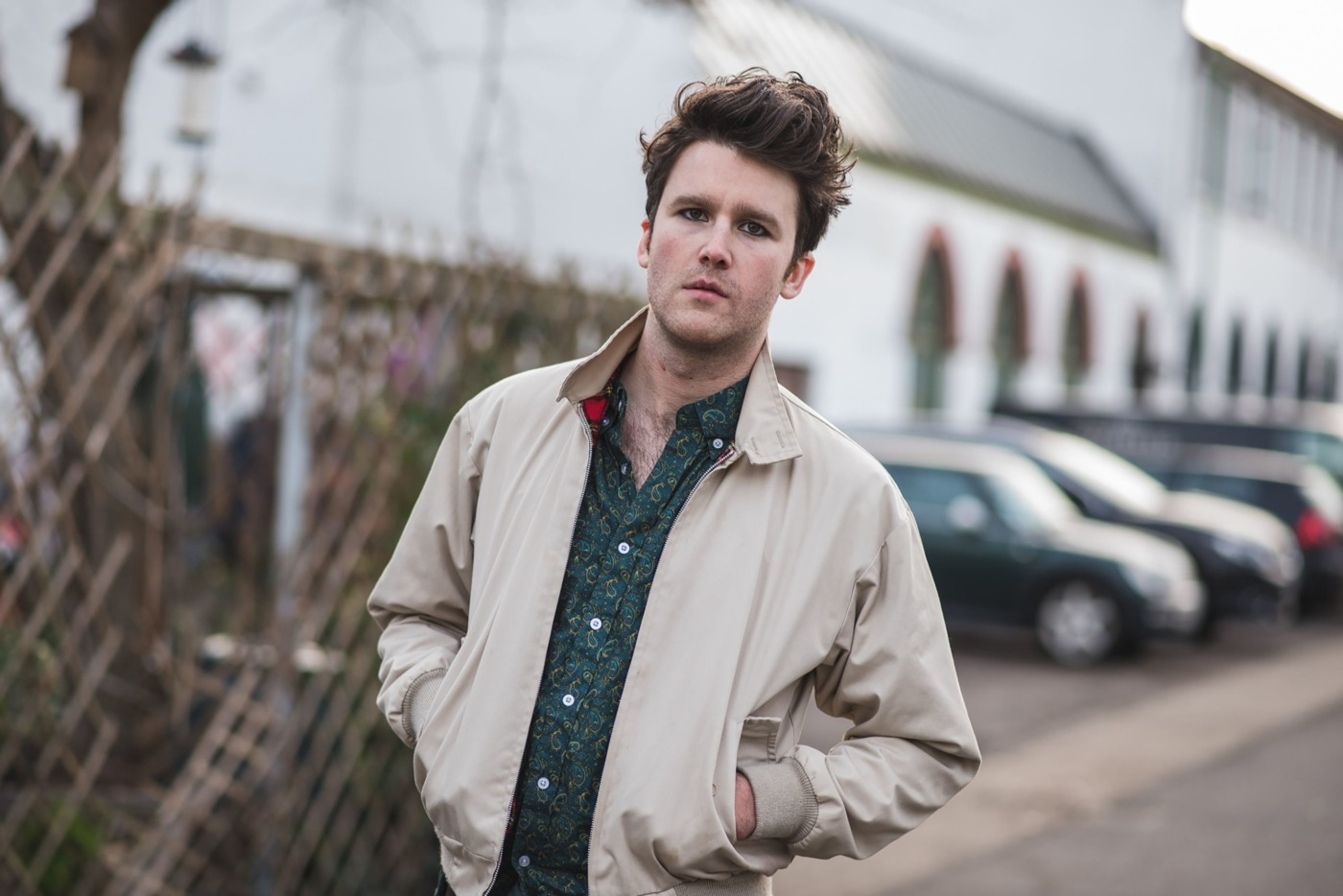The working-class view on Brexit explored onstage: a review of Matt Abbott’s ‘Two Little Ducks’
Lyrical, nuanced, but perhaps not ground-breaking: Matt Abbott’s new tour, Two Little Ducks, is the Wakefield-born spoken word poet’s attempt at trying to explain, and make sense of, the working class’ view on Brexit, nationalism and an oppressive establishment (Wakefield voted to leave by 66%). Performing in 22 locations across the UK, Abbott’s piece builds on experiences he garnered from his own working-class background and his time as a volunteer in the Calais jungle. Lasting an hour and 45 minutes, the performance is split into two halves: the first usually consists of supporting acts and the second, the titular performance.
In this rendition, however, Abbott performed for both halves – he was quick to explain that this was not a choice born of narcissism, but rather the result of a no-show from the supporting act. The result was a chatty, unpretentious first half, in which he set out what he aimed to achieve in the second, and read a few of his earlier works, including amusing accounts of an overnight Megabus, and a festival fling. He was, in his own words, ‘winging it’. However, to those uninitiated to the world of spoken word – like me – this introduction (although not a regular occurrence) was very welcome, as it did go some way in explaining the rationale behind some of the more obscure thematic links. The introduction also gave him a platform through which to express the marginality of the working class in theatre – an undeniably valid concern, seemingly corroborated by the audience demographics.
Two Little Ducks is an attempt to explain the working class’ views on Brexit, nationalism and an oppressive establishment
The number ‘22’ is a recurring motif throughout the piece, with the titular Two Little Ducks being a reference to the bingo call for the number 22 (I must admit, I had to google this reference). It is also the number of gigs that Abbott is doing country-wide. Most crucially however, 22 refers to the number of miles between Calais and Dover, leading the audience to reflect upon how an insignificant number can represent the difference between life and death, family and isolation, citizen and demonised other.
Brilliant and evocative lines were scattered throughout the piece, some of which were successful in reframing quotidian interactions. Why, for instance, do people run to the aid of someone who has fallen in the street, and yet collectively fail to make eye contact with the homeless person on the same road?
Abbott’s use of language was also successful in evoking a milieu and, in the case of the Calais jungle, was successful in bringing a fresh perspective. However, this freshness didn’t fully extend to the issue of Brexit, as discourses on working class disenfranchisement do exist within the context of left-leaning mainstream media. Furthermore, whilst thematic links were made between the Calais Jungle and Brexit, it didn’t always make for an entirely coherent narrative. It is, however, entirely possible that the disjointed nature of the account was intended as a tool to shed light on the complexities of the situation. The issue of immigration was danced around, but for the most part remained an unusual absence.
An insignificant number can represent the difference between life and death, family and isolation, citizen and demonised other
The staging and set design were sparse, with the colours of the Union Jack projected onto the ground, and a solitary chair sandwiched between the red and the blue. Whilst this was not particularly exciting in itself, it was consistent with both the tone and the touring nature of the piece, the set allowing Abbott’s lyricism and message to take centre stage.
The play coincides with the Collins dictionary’s selection of ‘gammon’ as one of the words of the year; a blanket term connoting angry, middle-aged, white Brexiteers. Whether or not Abbott’s piece truly offers a ‘unique’ insight on Brexit, it does offer something often amiss in today’s political discourse… nuance.
Two Little Ducks is on tour until November 16th. Tickets are available here.

Comments
Comments are closed here.